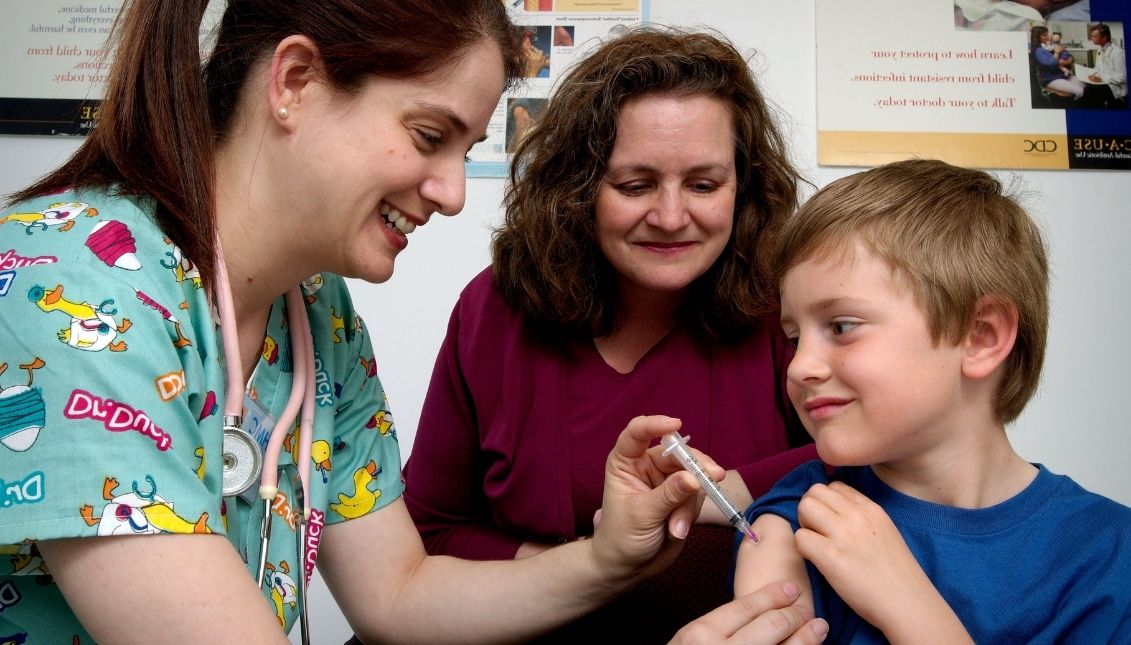
Children between five and 11 years old can now be vaccinated against COVID-19 with Pfizer-BioNTech's vaccine. Photo: Pixnio
FDA approves Pfizer-BioNTech vaccine for children five to 11 years old
Children under 12 years of age may be vaccinated beginning on Nov. 3.
On Friday, Oct. 29, the Food and Drug Administration (FDA) approved Pfizer-BioNTech's coronavirus vaccine for emergency use on children five to 11 years of age.
This move generates great anticipation among millions of families seeking to protect their youngest children. Approximately 28 million children would be eligible to receive Pfizer's vaccine, which contains one-third of the adult dose, and two injections three weeks apart.
Following FDA approval, only the Centers for Disease Control and Prevention (CDC) would be required to approve full use of the vaccine. With this latest approval, which is expected in the next few days, children aged five to 11 years in the United States could begin vaccination on Wednesday, Nov. 3. The first children would be fully protected by Christmas.
Today, we authorized the emergency use of the Pfizer-BioNTech COVID-19 Vaccine for the prevention of #COVID19 to include children 5 through 11 years of age. https://t.co/Tz0S9s4eyz pic.twitter.com/dc18AWIHKQ
— U.S. FDA (@US_FDA) October 29, 2021
Pfizer says a clinical trial showed that its vaccine provides more than 90% protection against symptomatic disease in children, even with a one-third dose, and the company expects the lower dose to reduce the risk of any side effects.
RELATED CONTENT
While the risk of severe COVID-19 is lower in children than in adults, cases have been reported among those aged five to 11 years old, with more than 8,300 hospitalizations, a third of which required intensive care. There have also been nearly 100 deaths, FDA vaccine chief Dr. Peter Marks told the advisory panel.
"The infections have caused the closure of many schools and disrupted children's education and socialization," he added.
"I want to acknowledge the fact that there are strong feelings" in the public for and against vaccination, Marks said. He added that the discussion would be about the scientific data, "not about vaccination orders, which belong to other agencies outside the FDA."











LEAVE A COMMENT:
Join the discussion! Leave a comment.